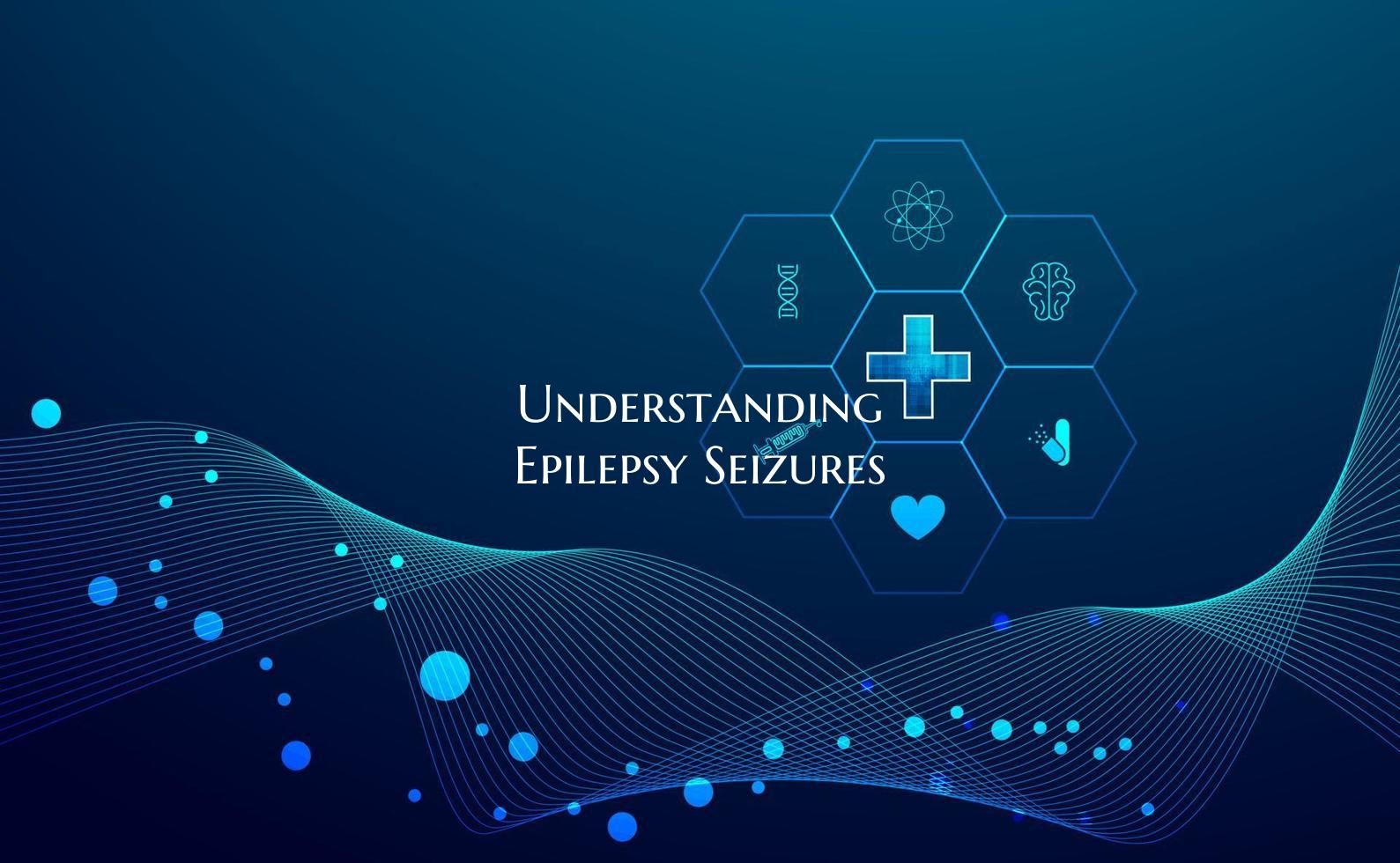
Understanding Epilepsy Seizures
Epilepsy is a neurological disorder characterized by recurrent seizures, affecting people of all ages. Seizures are the hallmark of epilepsy and can vary in their presentation and impact on individuals. Understanding epilepsy seizures is crucial for proper management and support of those living with this condition.
Types of Seizures: There are two main categories of seizures – focal (partial) seizures and generalized seizures. Focal seizures originate in a specific area of the brain, while generalized seizures involve both sides of the brain.
Focal Seizures: - Simple focal seizures: These seizures do not affect awareness or memory and may cause abnormal sensations or involuntary movements in one part of the body. - Complex focal seizures: These seizures can alter consciousness or awareness, causing confusion, staring spells, or repetitive movements.
Generalized Seizures: - Absence seizures: Formerly known as petit mal seizures, these brief episodes cause staring and subtle body movements. - Tonic-clonic seizures: Formerly called grand mal seizures, these are characterized by loss of consciousness, muscle stiffening (tonic phase), and rhythmic jerking (clonic phase). - Myoclonic seizures: These brief, shock-like muscle jerks can affect specific muscle groups or the entire body. - Atonic seizures: Known as drop attacks, these seizures cause sudden loss of muscle tone, leading to falls or drops.
Triggers and Management: Epilepsy seizures can be triggered by various factors, including stress, lack of sleep, flashing lights, certain medications, and alcohol or drug use. Proper management of epilepsy involves medication adherence, lifestyle modifications, and seizure response planning. Monitoring seizure triggers, maintaining a healthy lifestyle, and seeking regular medical care are essential for seizure control.
First Aid for Seizures: If you witness someone having a seizure, stay calm and ensure their safety by clearing the surrounding area of any hazards. Do not restrain the person or put anything in their mouth. Time the seizure and provide reassurance and support until it resolves. If the seizure lasts longer than five minutes, or if another seizure starts shortly after, seek emergency medical help.
In conclusion, epilepsy seizures can significantly impact the lives of individuals with epilepsy. By understanding the different types of seizures, identifying triggers, and implementing appropriate management strategies, people living with epilepsy can lead fulfilling lives while effectively managing their condition. Education, awareness, and support are vital in promoting a better understanding of epilepsy seizures and improving the quality of life for those affected by this condition.